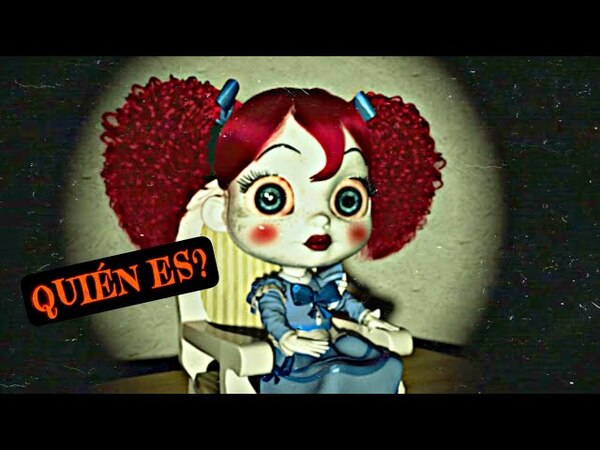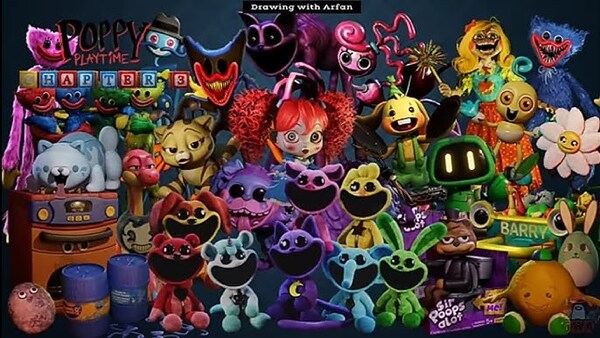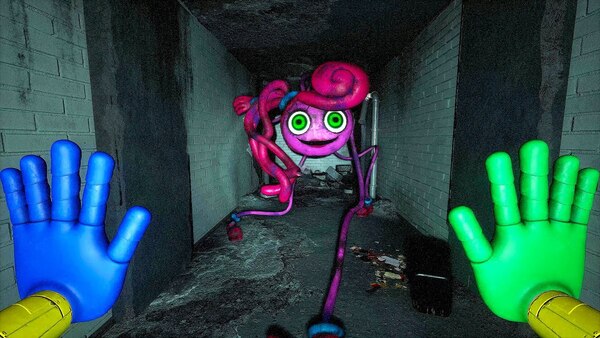
Poppy Playtime
Popular Now
Introduction
Poppy Playtime soared in popularity as a unique episodic horror experience with toys turned terror. But in December 2021, its developer Mob Entertainment announced in-game NFTs—non-fungible tokens—tied to collectible posters, sparking widespread backlash. This issue didn't just fade away. The aftermath revealed profound impacts on community trust, development priorities, and brand reputation. Below is a deep dive into how that misstep reverberated across the game's lifecycle.

1. The Hard Pivot: NFT Announcement and Community Backlash
In December 2021, Mob Entertainment revealed that six limited-edition in-game posters would be released as NFTs, each costing nearly $15. Together, that meant a player had to spend around $90 to access a hidden puzzle. The community quickly accused the developers of creating paid lore, sparking refund demands and a surge of negative reviews. Steam ratings took a dive, undoing months of goodwill.
2. Damage Control and Broken Promises
Soon after, Mob Entertainment reversed course: they apologized, scrapped the NFT plan, and pledged to donate proceeds to charity. Some trust was restored, but the damage lingered. Many players felt the move showed prioritization of monetization over creative respect and player experience.
3. Community Division and Lingering Skepticism
The controversy lingered in fandom spaces. Players questioned the intent behind NFTs and speculated whether future monetized content might erode creative integrity. Even after cancellation, trust had fractured—especially among vocal communities who felt the franchise could slip into profit-driven habits.

4. Shadows Closer Than They Seem: Plagiarism and Bullying Allegations
It wasn’t just NFTs. Around the same time, allegations surfaced that Mob Entertainment’s team plagiarized the indie game "Venge" and was involved in bullying a developer when he was a minor. These claims further tainted public perception, raising doubts about the studio’s ethics and creative authenticity.
5. The Slow Return: Emotional Engagement vs. Commercial Overreach
The developer’s reversal helped, but creators had to work overtime to win back goodwill. Subsequent chapters focused more on emotional horror, storytelling, and psychological atmosphere rather than merchandising or needless monetization. Some fans acknowledged this shift, though skepticism remained.
6. Technical Execution vs. Trust: Bugs and QoL Decline
As the team grappled with reputational fallout, quality suffered. Chapter 3 and the newly released Chapter 4 were plagued with bugs—freezes, unresponsive mechanics, erratic AI behavior. Players reported lag, serious frame drops, and unreliable enemies. A beautiful concept was undermined by technical chaos.

7. Tone Shift: From Ingenuity to Mediocrity
Many players felt that after initial innovation, newer chapters became generic. Fans lamented that gameplay, environments, and scares felt watered down. Hype built around characters like Pianosaurus and Yarnaby wasn’t fulfilled; their arcs felt rushed, shallow, or absent altogether.
8. Ethical Reflections: Horror, Children, and Audience Boundaries
Beyond gameplay, the NFT debacle stirred broader ethical concerns. The game’s combination of toy aesthetics and horror draws younger audiences despite M-rated content, and even sparked public safety concerns. Parents and authorities questioned whether the content was age-appropriate, complicating the brand image further.
9. Reputation Risk: Combatting Scam Rip-offs
To make matters worse, Mob Entertainment had to file a lawsuit against scam apps using the Poppy Playtime name on mobile storefronts. These fake apps charged exorbitant sums—up to $95—for nonfunctional content and eroded the brand’s credibility.
10. What the NFT Misstep Taught the Studio
By 2025, Poppy Playtime's developer learned hard lessons. Respecting player instincts matters more than quick monetization. Community goodwill, earned through immersive design and ethical storytelling, is fragile. Each next chapter must prioritize quality and trust over novelty currency. The experience remains a cautionary tale for indie developers chasing new revenue paths.
Conclusion
Poppy Playtime’s NFT controversy was more than a controversial marketing tactic—it was a lesson in how monetization missteps can fracture a fandom, derail development momentum, and taint creative identity. Although Mob Entertainment pulled back and refocused, echoes of the backlash linger. For Poppy Playtime and its successors, rebuilding trust will require consistent respect for the community, commitment to polished design, and unwavering creative integrity.















